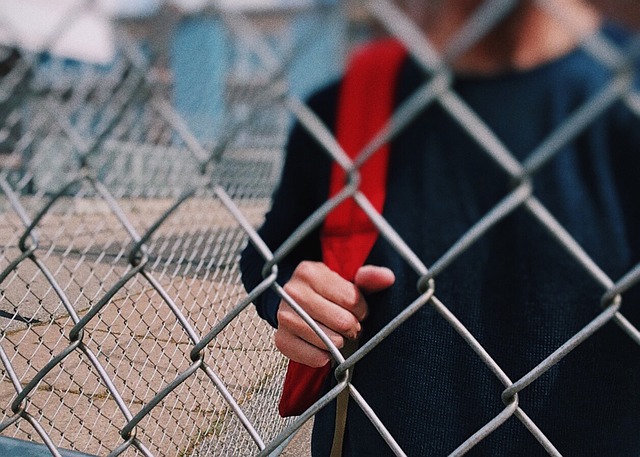Latest blog articles
-
Could you estimate how much time of your day you spend on social media? The answer would most likely be something along the lines of ‘a lot’ or ‘I’m always connected, so I get notifications all the time anyways’ but an actual estimate, that’s a very tough guess to take. However, for most people, it...
-
One view on social media communication is that platforms should remove content deemed to be inappropriate or disturbing and suspend users who have repeatedly violated the Community Guidelines and should do so in a consistent and coherent manner. A contrasting view is that users can share what they...
-
The disturbances social media has been causing to its users’ mental health cannot be ignored. It is of extreme importance that the private and public spheres work together to protect consumers from the unfeasible search for perfection.
-
Over the few past years, there has been a professionalization of social media content creators. These creators now have the power to sway their followers, start trends, or serve as role models for their audiences. These individuals, that have such online persuasive power, are called “influencers”...
-
The internationalisation of higher education (IoHE) relates to sensitive topics of public concern. Considering the ongoing debate in the Netherlands regarding the challenges related to the internationalisation of higher education, it is time to take a step back and remember the many benefits as...
-
Can Member States prohibit pupils from attending education abroad, simply on the belief that it might hamper the integration of the children into society? But what of possible justification grounds?
-
Can Member States of the EU prohibit pupils from attending education abroad, simply on the belief that it might hamper the integration of these children into society? If this sounds extreme, read on.
-
The aim of this contribution is to assess what has been achieved since the adoption of the 1986 Limburg Principles on the Implementation of the International Covenant on Economic, Social and Cultural Rights for the realisation of these human rights.
-
In the 4th December referendum, Italy rejected the constitutional reforms promoted by the Renzi’s government. As a consequence of the “No” vote, the Prime Minister decided to resign. While the vote was influenced primarily by internal factors, the result may open a period of uncertainty for both...
-
Published on LBM. Here is a fun word that you may have come across recently: Kakistocracy. Based on the Greek word kakistos (meaning “the worst”), kakistocracy is a system of governance run by the least qualified, most “deplorable” citizens that the State has to offer.








